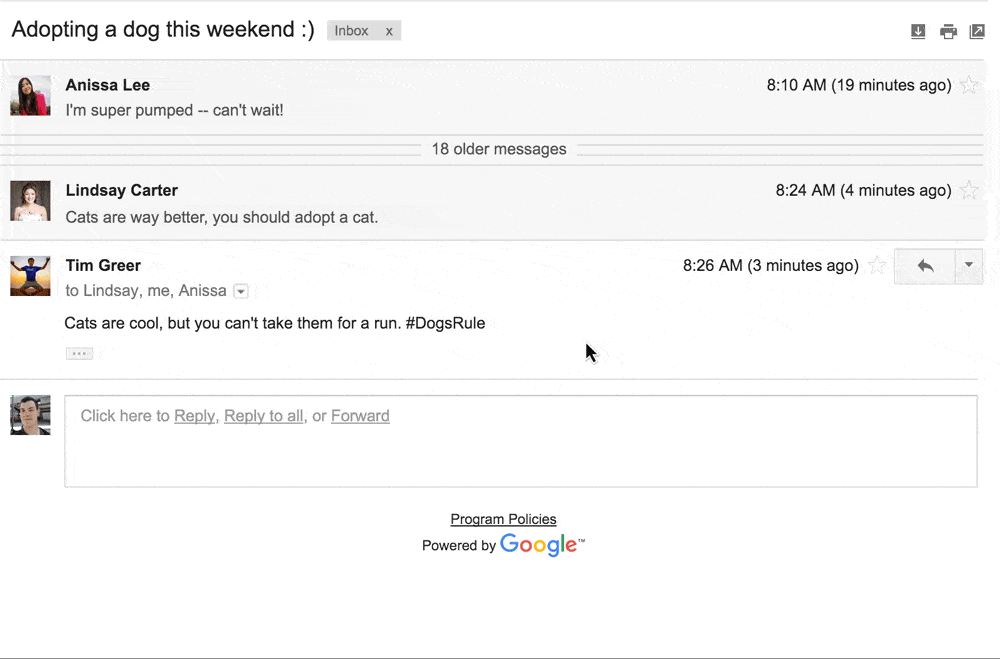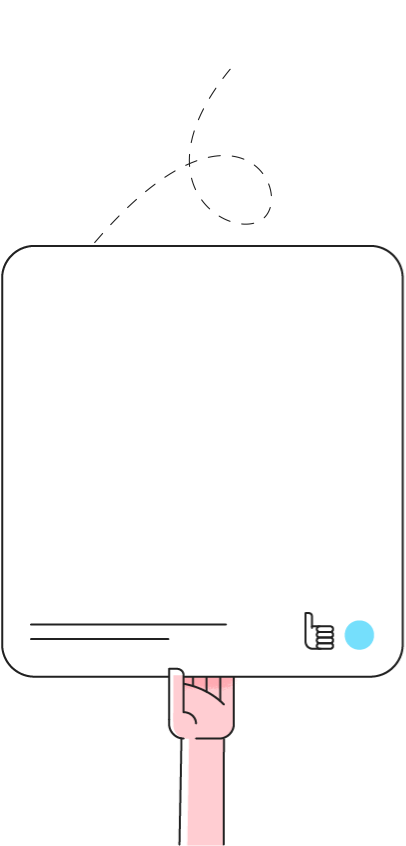Table of Contents
April Fools Day has been around for ages as a time for harmless tricks and pranks. Many speculations surround the beginning of the tradition, including France changing calendar systems and mocking the people who didn’t get the memo, cult-following ancient Romans making fun of fellow citizens and magistrates, and people confused by Mother Nature changing the seasons.
@jogmabeck April Fools Pranks 2025 😎 A day early so I can share my ideas with you guys who are struggling to think of some! Have a great day!! #aprilfools #aprilfoolspranks #pranks #prankster #funday #justforfun #prankwars #joking #aprilfoolsday #fyp #fypシ #viral #viralvideo #gotya #jogmabeck
By the 18th century, the beginning of April marked a day for messing with loved ones and strangers. More recently, we have seen a shift in who participates in the tradition. While it can still be common to end up in a surprising situation because of friends or family, it is much more likely that a brand marketing campaign has reminded you it was April first in recent years. The tradition has become a day for big brands to show some personality and get laughs from their consumers, but what happens when these brands try and hop on the trend and miss?
If you’re still in the pranking mood, check out these TikTok pranks to try at your next family gathering.
Current State of April Fools Day
For the most part, we don’t have to worry too much about anything terrible happening on the first of April, especially when brands are still looking to maintain a strong image after the temporary day of fun. That being said, you can’t please everyone, and some consumers find it very displeasing to see their favorite brands acting goofy. The most common criticism that comes these days is the over-production of companies that tease unappealing food-related products.
View this post on Instagram
If you’re thinking about brand strategies, figure out how you can curate a memorable brand platform as an influencer.
Some of the 2025 contributors to the outlandish food trend include Olipop x Hidden Valley, Deep India Kitchen, and Crunch, unless ranch soda, chicken tikka masala ice cream, or cooked rice chocolate bars sound good to you. Brands stick to this strategy so much so that it may be overplayed. The whole point of April Fools Day is to trick people into believing something just for a minute before you remember what’s going on. But if every brand does the same thing, who is going to fall for it? At the end of the day, these types of posts aren’t hurting anyone, so they will likely continue, but it will be interesting to see which brands shake up the pattern in the future.
Silly Complaints from Consumers
While it’s understandable that some people are put off by brands that market unappealing food-related products connected to their brand, the other popular complaint from consumers is a little less reasonable. While most people can take the joke, some people rant about brands that do such a good job on their pranks that it is actually desirable. This year, some of the best contenders for products so good people want them have been Duolingo’s five-year cruise, Reese’s chocolate bread, and Oura’s mood ring. For people who forgot the day and got excited by these ads, they may be in luck because brands have a history of making popular April Fools pranks come to a store near you if they get enough buzz around the product.
Interested in other brands that have strong marketing strategies? Check out the top ten brands with the best social media pages.
Real Deal April Fools Mishaps
While there are a lot of brands that participated in the April Fools Day trend and got some negative feedback, it usually isn’t that big of a deal. There are a few cases, however, that have truly missed the mark. Here are a few brands that have gone down in history for making some high-stakes blunders.
Some brand strategies have trouble even if they don’t miss an April Fools trend. See why some marketing strategies fail even when everything looks right.
Volkswagen Name Change
One of the more inventive ways to participate in April Fools trends landed Volkswagen in some hot water. When electric cars were on the rise a few years back, the marketing team decided to change their name to “Voltzwagen” to commemorate their move into working on this new type of car. Unfortunately, no one told some of the higher-ups in the company it was a one-day trend, so when the press started asking questions and someone accidentally confirmed the change was happening, it caused a lot of confusion.
Tesla Bankruptcy
One of the untold rules of brand-related pranking is that you never joke about the money. Looks like Elon Musk missed that memo because, on the fateful April 1st, 2018, he announced that Tesla was bankrupt, causing stock in the company to drop over five percent. April Fool’s pranks are always a risk when you bring money into the mix. Most people want to eliminate as much trouble as they can and won’t take the time to question if the owner of a huge company is playing a joke, especially if it means trouble for your future. This was an especially difficult time for the owner to say Tesla was doing poorly because there were some recent safety and rating concerns attached to the company that offered enough validity to the situation that some people could think it was going bankrupt.
Google Mic Drop

Google was once one of the brands that were known for taking part in April Fools trends, but in 2016, their prank of the year didn’t last the whole day because of user outrage. Despicable Me minions were all the rage and Google decided to make them a part of their yearly prank by making an email “mic drop” feature where users could hone the chaos of the minions by sending an email that had no way for others to reply. Unfortunately, people ended up accidentally using this button in professional correspondence, causing many to become frustrated with the gag and leading it to be dismantled before the end of the day.
Fake Contest Winners
View on Threads
Pranks gone wrong can not only lead to a frustrated consumer base and a dip in public opinion, it can also cause legal trouble, as was the case for two separate companies that attempted the same type of joke. KBDS-FM radio and Hooters ran contests that led players to assume they would be getting a car, only for the winner to later find out that it was all fake. The radio station ran this as a one-day April Fools trend, but Hooters created an entire campaign encouraging workers to become Employee of the Month only for there to be no car at the end of all the work. Both winners in these cases ended up suing, and winning, which has sent a message not to mess with gag prizes for anyone in the future.
Still looking for laughs? Check out these YouTube fail compilation channels.
At the end of the day, even the brands that have made the biggest errors on an otherwise harmless day tend to bounce back without long-term effects. Probably the biggest downside to hopping on the April Fools trend and missing comes from articles (like this one) that won’t let the big companies push their blunders under the rug. These mishaps will now be a permanent part of the legacy, to be remembered every time someone needs to make content on April Fool’s Day.























